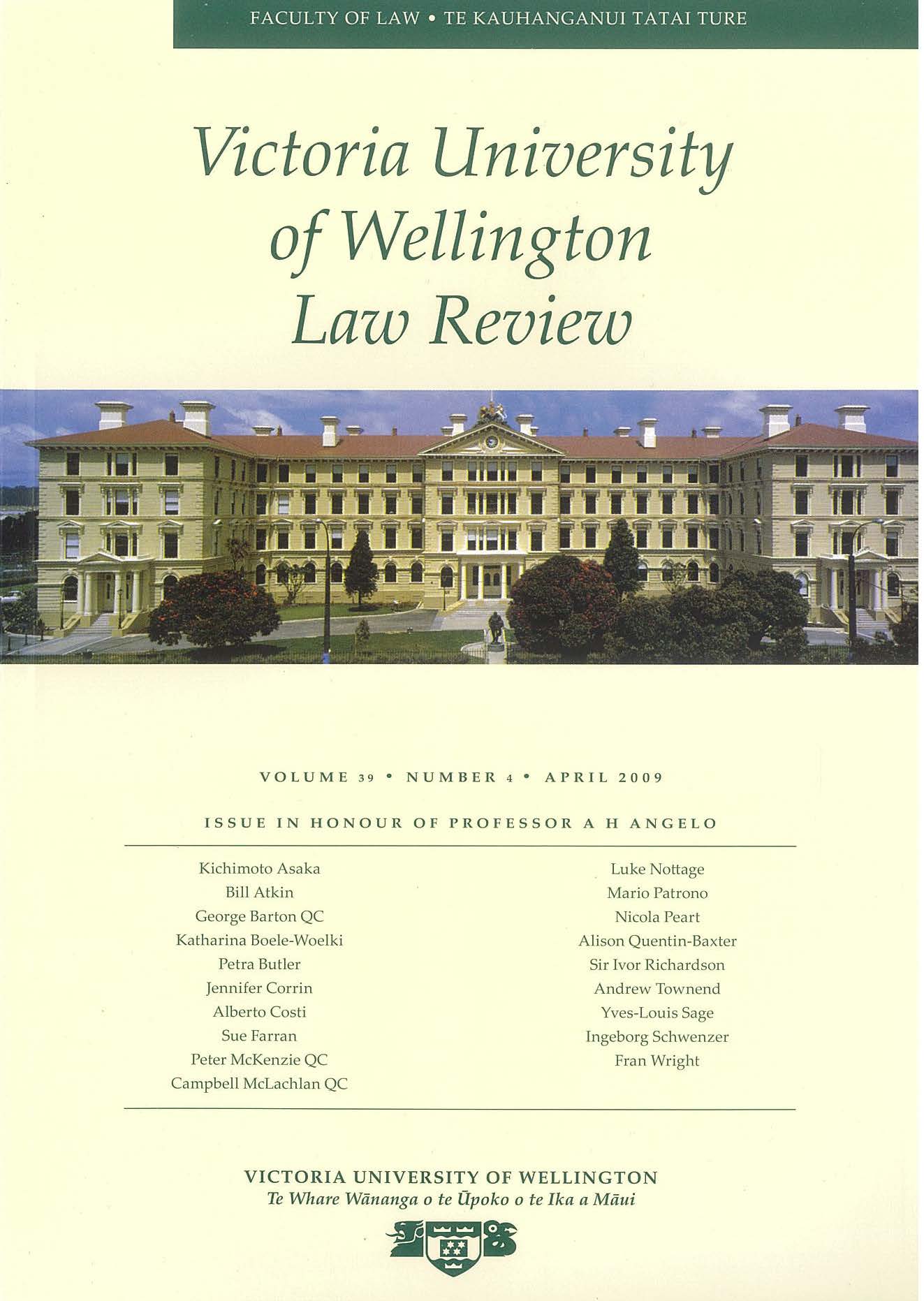Certainty and Ascertainability of Criminal Law after the Pitcairn trials
DOI:
https://doi.org/10.26686/vuwlr.v39i4.5485Abstract
According to the certainty principle, someone should not be charged with or convicted of a criminal offence that they did not and could not have known existed. This article considers this principle in light of the trial of seven Pitcairn Islanders for offences under the English Sexual Offences Act 1956. The islanders were unaware of the terms of the Act and had very limited access to information about criminal law. Their claim that the prosecutions were an abuse of process failed because they had indirect access to legal advice and also must have known that their conduct was criminal.
The article argues that the reasons given for upholding the convictions were inadequate. Criminal law on Pitcairn was uncertain. However, uncertain law is not always unenforceable. Courts have to balance the interests of defendants with those of victims. Certainty is an important principle but it is not a rigid and inflexible requirement. Case law suggests that there is a defence based on uncertainty only if the existence of an offence was not predictable and the offence lacks a fault element. In other cases, a defendant can be said to have fair notice and is not at risk of being convicted in the absence of subjective fault.
Downloads
Downloads
Published
How to Cite
Issue
Section
License
Authors retain copyright in their work published in the Victoria University of Wellington Law Review.


